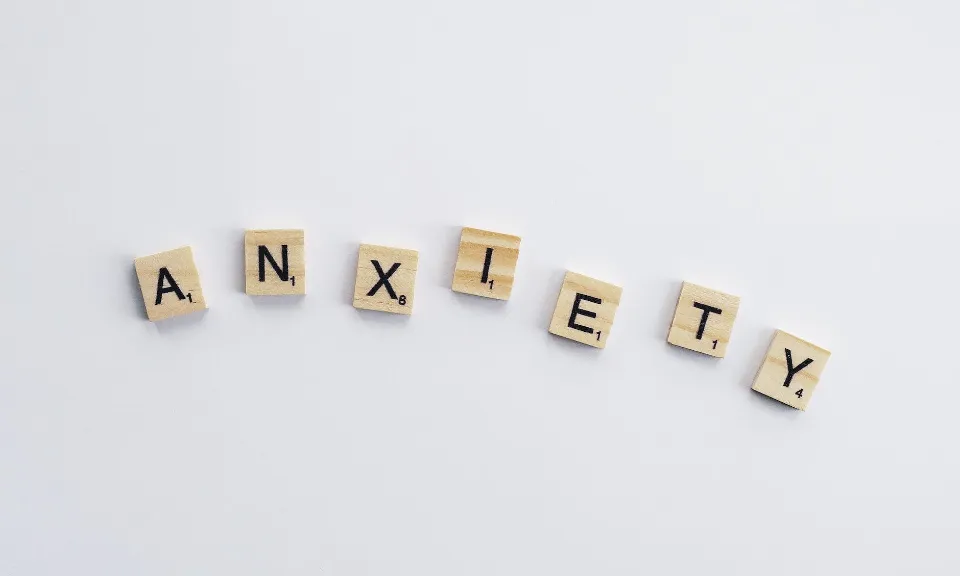
How School Affects Mental Health in High School Students?
Many kids and teenagers who attend school also become aware of their own learning challenges. Do schools, however, actually, have an impact on mental health? Let’s find out.
An unprecedented mental health crisis is affecting adolescents. According to the newest data from the Centers for Disease Control (CDC), more than 1 in every 3 high school students experienced poor mental health during the recent pandemic.
Two-thirds of the teenagers had trouble finishing their schoolwork, and nearly half of the students reported feeling depressed or hopeless all the time.
How School Affects Mental Health in High School Students?
Although the school does not in and of itself cause mental illness in children, it is important for parents to understand that certain school-related issues may serve as a catalyst for the development of a mental health issue.
One of the main causes of mental health issues in students, for instance, is academic stress. The pressure to attend college, participate in extracurricular activities, perform well in their classes, and pass common, standardized tests is greater than ever for teenagers and young adults.
In other words, some students believe they must balance everything in order to succeed. No matter their upbringing, socioeconomic status, or academic prowess, this is felt across a range of student populations.
One recent study, conducted by the National Academies of Sciences, Engineering, and Medicine, found that students in “high-achieving schools” (who commonly grow up in affluent families) are equally at risk of developing behavioral and mental health problems as those living in foster care or poverty, those with incarcerated parents, and recent immigrants.

Adolescents and young adults have a higher risk of developing anxiety or depression when under academic stress. They perform poorly in school and also feel less well-being.
According to research, students’ mental health appears to improve when they are given better academic circumstances or academic support. So what causes stress in the classroom?
Academic stress can be caused by:
- High-stakes testing, especially standardized exams
- Demanding academic coursework
- Excessive homework or projects
- High pressure from parents to succeed academically
- Pressure to get into college or university
- Overbooked schedules and the pressure to balance multiple activities and school
- Fear of failure
- Lack of sleep or poor appetite in trying to meet expectations at school
- Transferring schools or transitioning to a new school
- Classrooms that do not properly fulfill a student’s developmental or learning needs
- Stressful relationships with peers at school
- Conflicts with teachers or peers at school
How to Improve Mental Health in Schools?
We are aware that teachers are concerned about their students and that they have already had to adapt to numerous changes over the past few years.

There is always room for improvement, and several crucial changes can be made in schools right away, according to the U.S., given the burden that high school students’ mental health poses. Surgeon General.
Learn to Recognize Signs of Mental Health Distress in Students and When to Take Action.
In a student’s life, educators are in a unique position to focus on both their social and academic development, as we previously discussed.
Teachers can take the next step and speak with the student and possibly refer them to a school counselor or nurse who is better able to help if a teenager withdraws from peers and teachers or exhibits a marked change in behavior and/or academic performance.
Foster a Positive, Safe Environment for All Students.
The tone for a welcoming environment where students can feel safe is set by enforcing anti-bullying policies, encouraging inclusivity, and actively educating students and their families about mental health. Since students spend 180 days a year in the classroom, creating a sense of community at the school is crucial.
Prioritize Students With Higher Needs Or Those With a Higher Risk of Mental Illness.
A few factors that put some teenagers at higher risk for mental illness include poverty, trauma, disabilities, and personal/family mental health issues. The students who are already at risk should receive special attention.
Thank goodness, teachers who want to see change in their schools don’t have to go it alone. You can get pointed in the direction of revitalized school-based mental health support with the right resources.

Why is Mental Health Important for Students?
The National Alliance on Mental Illness reports that by the age of 14, half of all mental health conditions are present. An adolescent’s entire adult life can be affected by early identification of mental illness and the acquisition of effective coping mechanisms. The most important thing for growth is to prioritize mental health.
Sadly, a student’s life can occasionally become significantly stressful just because of school. a United States government health advisory for 2022. Bullying, academic pressure, and missing out on educational opportunities are just a few examples of how the school has an impact on mental health, according to the Surgeon General.
High school students with poor mental health may find it difficult to concentrate in class, act out, and withdraw from others instead of learning, making friends, and finding their place in the world.
The U.S. issued the same warning. The Surgeon General urged educators to do everything they can to help high school students who need support and resources for mental health.
Conclusion: Mental Health in High School Students
You can better meet the individual needs of your students by offering tailored mental health support by being aware of the most frequent sources of stress related to school.
Students of all ages must balance the demands of extracurricular activities, homework, and standardized testing with the pressure to perform well academically. Students from all socioeconomic backgrounds can also benefit from this, as is the case.
FAQs
How Does Stress Affect Students Mental Health?
Long-term stress increases the risk of mental health problems such as anxiety and depression, substance use problems, sleep problems, pain, and bodily complaints such as muscle tension.
Does School Cause Stress and Anxiety?
It’s exciting to go back to school. But for many kids, it can cause stress and anxiety—even children who are usually easygoing may experience butterflies and those with some anxiety may get more nervous and clingier than usual. There is a pain for parents as well. Everyone finds it difficult to leave a crying child at school.
Why Do Students Suffer Stress When Studying?
The main cause for stressed-out students is the heavy coursework they are taking on. Taking additional classes only increases the load for teenagers who want to start college early. The teen overextends themselves academically far too frequently, which adds to their stress. Not enough sleep.


